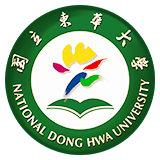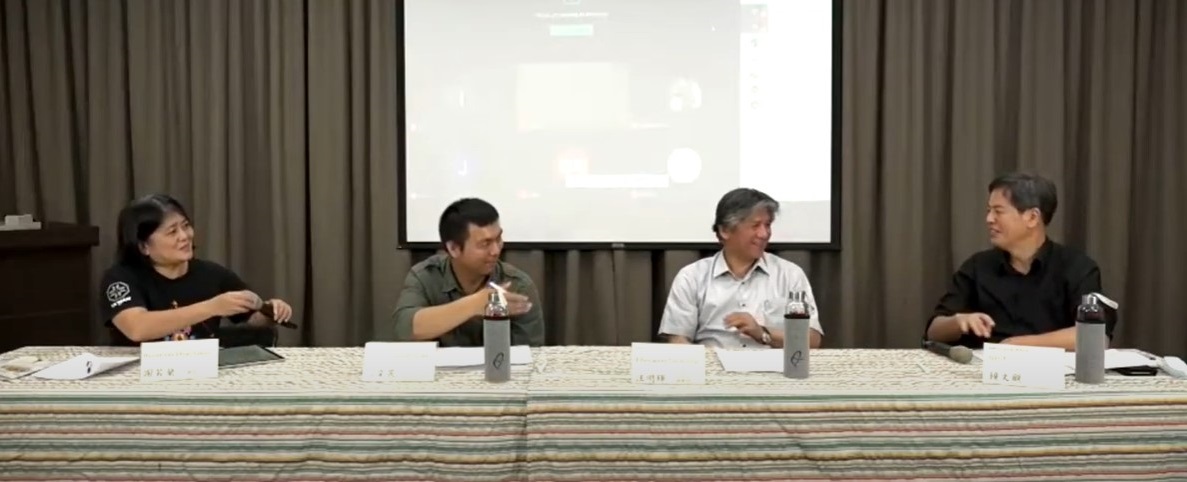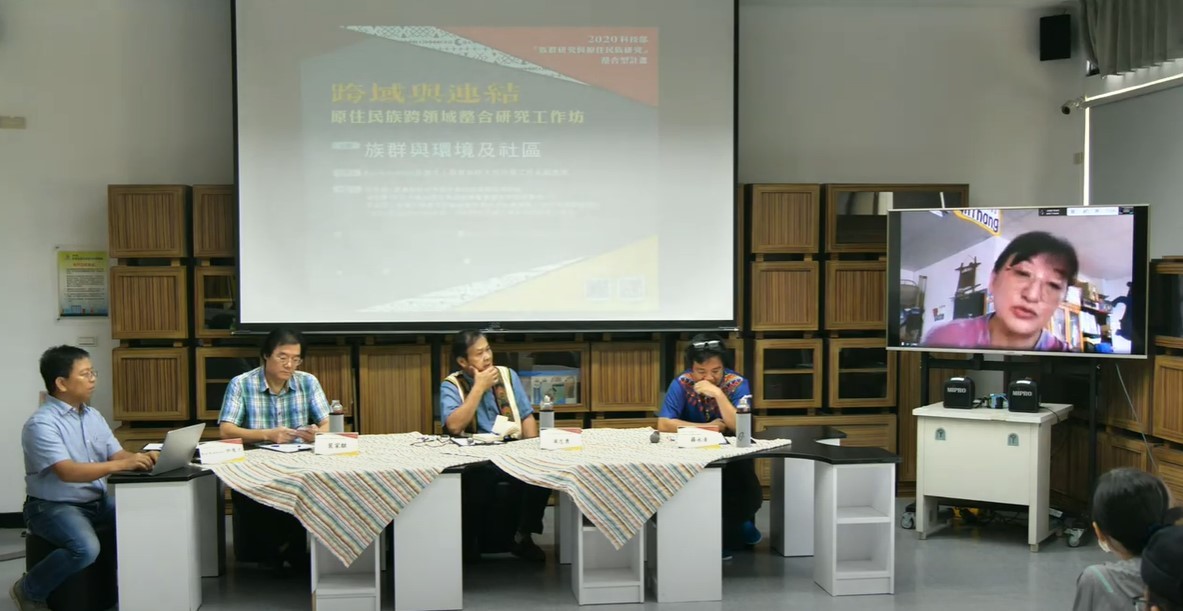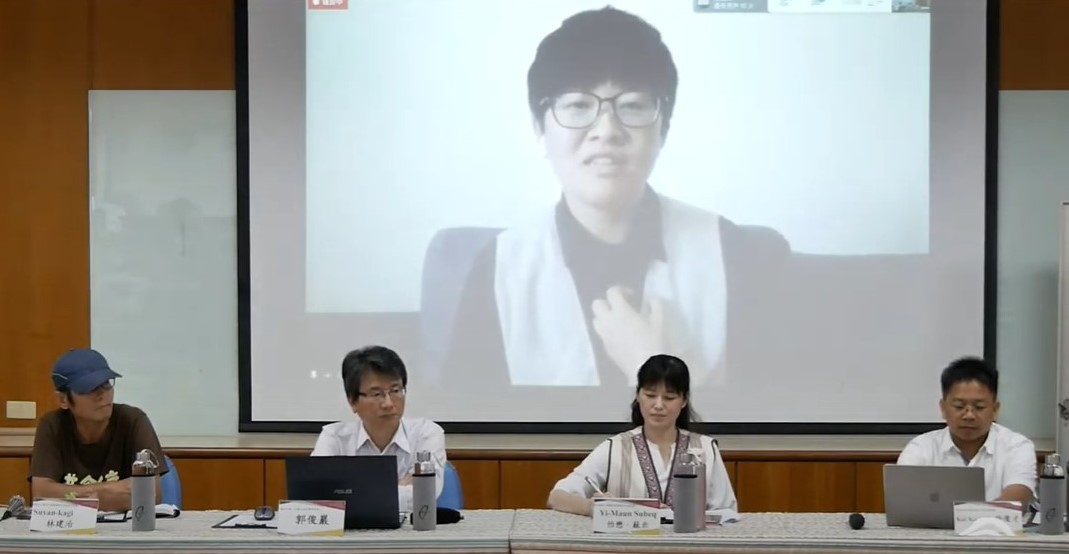

|
|

In response to the indigenous peoples from "being researched" to a "mutually dominant" position in Taiwanese indigenous research, we seek to build a knowledge system in order to answer to the needs of indigenous community, and to strengthen the ethic consolidation of the field. Center for International Indigenous Affairs(CIIA)cooperates with the Humanities and Social Sciences Research Center of the Ministry of Science and Technology, to carry out four annual workshops with "transdisciplinary and connection" in different regions of the country, providing face to face interactive forums as well as webinar and online live-streaming, conducting dialogues and encouraging more experts and scholars to participate.

During "Indigenous Peoples' Gender and Art" workshop, Dondon Houmwm(東冬。侯溫)and other three panellists pointed out that current indigenous research cannot effectively reveal the depth of cultural connotation. In the face of the cultural context of different indigenous groups, gender and cultural sensitivity are extremely important. The second workshop session, with the theme of "Indigenous Peoples' Education and Language", was shared by Tibusungu Wayayana(汪明輝), Sifo Lakaw(鍾文觀), and Lowking Nowbucyang(許韋晟)in their own language revival experiences of the Cou, Pangcah/Amis and Turuku languages. It also proposes how to reverse the phenomenon of "discrimination" toward indigenous culture. In "Indigenous Peoples' Environment and Community" session, Apu'u Kaaviana(阿布娪.卡阿斐依亞那)and other interlocutors pointed out the importance of balancing knowledge systems between tradition and modernity, with particular emphasis on the traditional knowledge systems of tribal communities. The last session was on the theme of "Indigenous Peoples' Health and Cultural Care" and was discussed and shared by several scholars and activists, including Suyan. Kagi(林建治), the founding chairman of Taiwan Indigenous Dmavun Development Association. It is worth mentioning that after the workshop, Yi-Maun. Subeq(怡懋。蘇米)provided a session to focus on the Indigenous research ethics and protocol.
Professor Bavaragh Dagalomai(Hsieh Jolan 謝若蘭), the director of the CIIA, believes that the transdisciplinary and integration research not only provides us with a "multiple" perspective for research work, but also reminds contemporary researchers to think more comprehensively when facing problems. Moreover, "Think about common struggles that are faced by global indigenous communities, we should work toward to building a global indigenous network that benefits indigenous people's knowledge system", Bavaragh Dagalomai said, "Professor Kui Kasirisir(許俊才)of National Pingtung University of Science and Technology, proposed that research on indigenous peoples requires more experts, scholars, and partners of the indigenous peoples' community under the field ethics mechanism that respects the subject of the group, in response to the needs, and use this as Taiwan's contribution to the world's ethnic research."
In recent years, the Ministry of Science and Technology has endeavoured to promote the "integrated" research projects, encouraging scholars to enter from multiple perspectives in the humanities and social sciences, reflecting on ethnic relations and history, and discussing various issues involving ethnic groups such as social class, gender, environment, and education, in order to promote more research on the substantive contribution of society. This year's "Ethnic and Indigenous Peoples Integrated Research" call for proposals is open up until July 31, 2020. Check the website of the Ministry of Science and Technology if interested.



